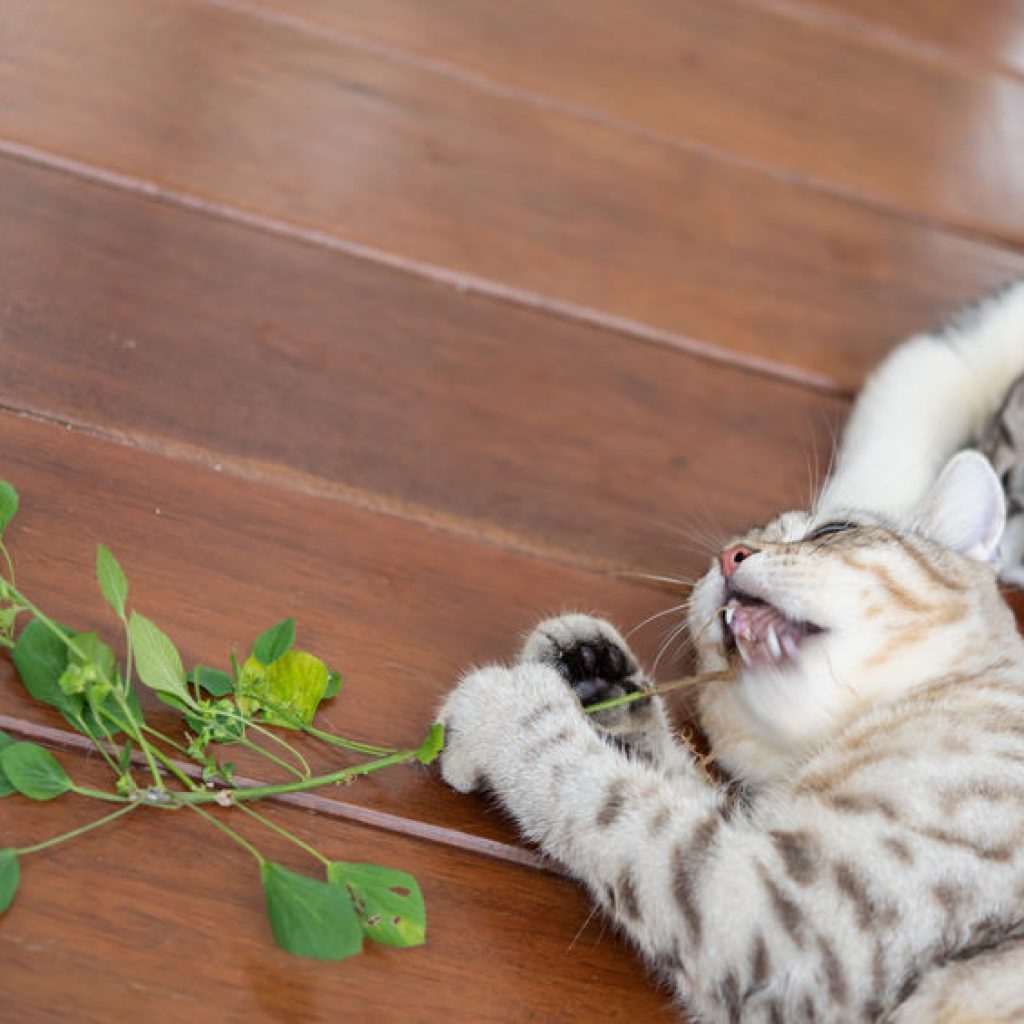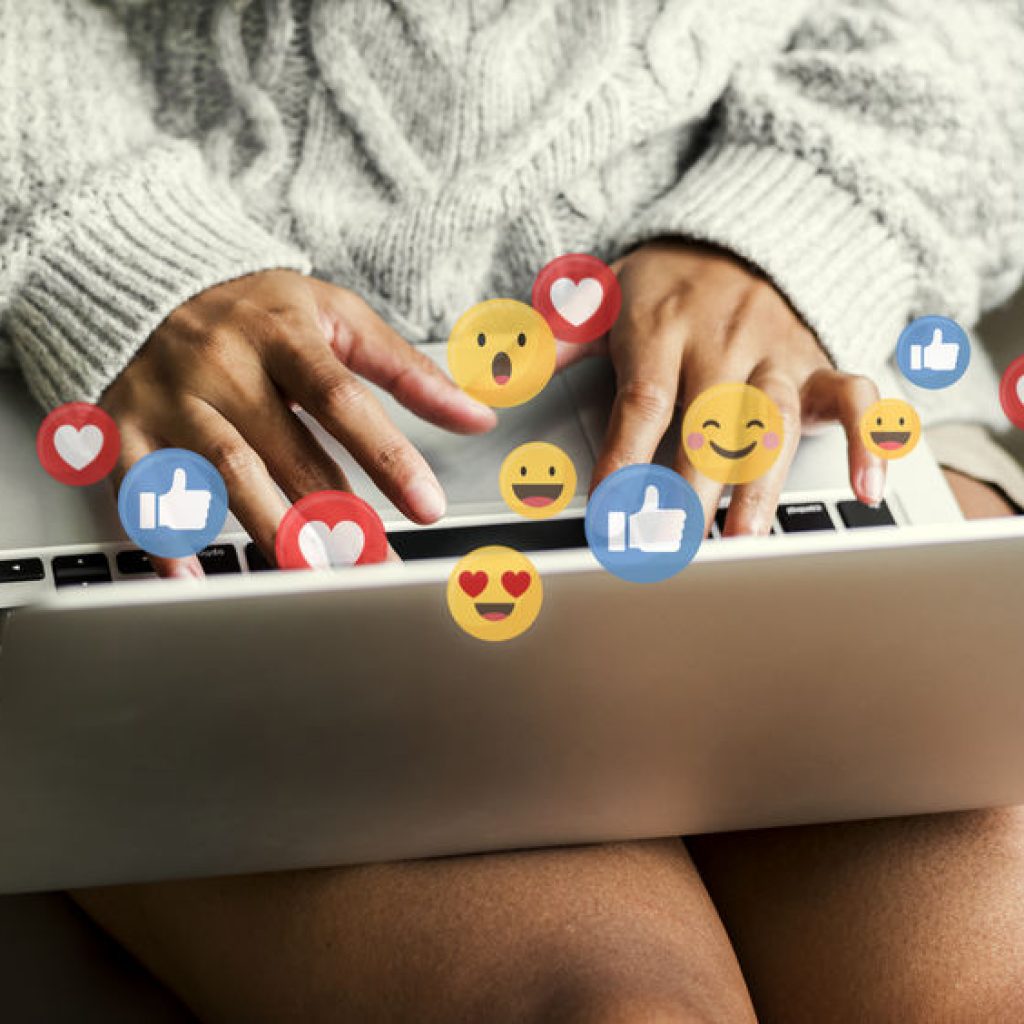Catnip as a Bug Repellant
Razi Berry New collaborative research from Northwestern University and Lund University may have people heading to their backyard instead of the store at the outset of this year’s mosquito season. Often used as an additive for cat toys and treats due to its euphoric and hallucinogenic effects on cats, catnip has also long been known […]










